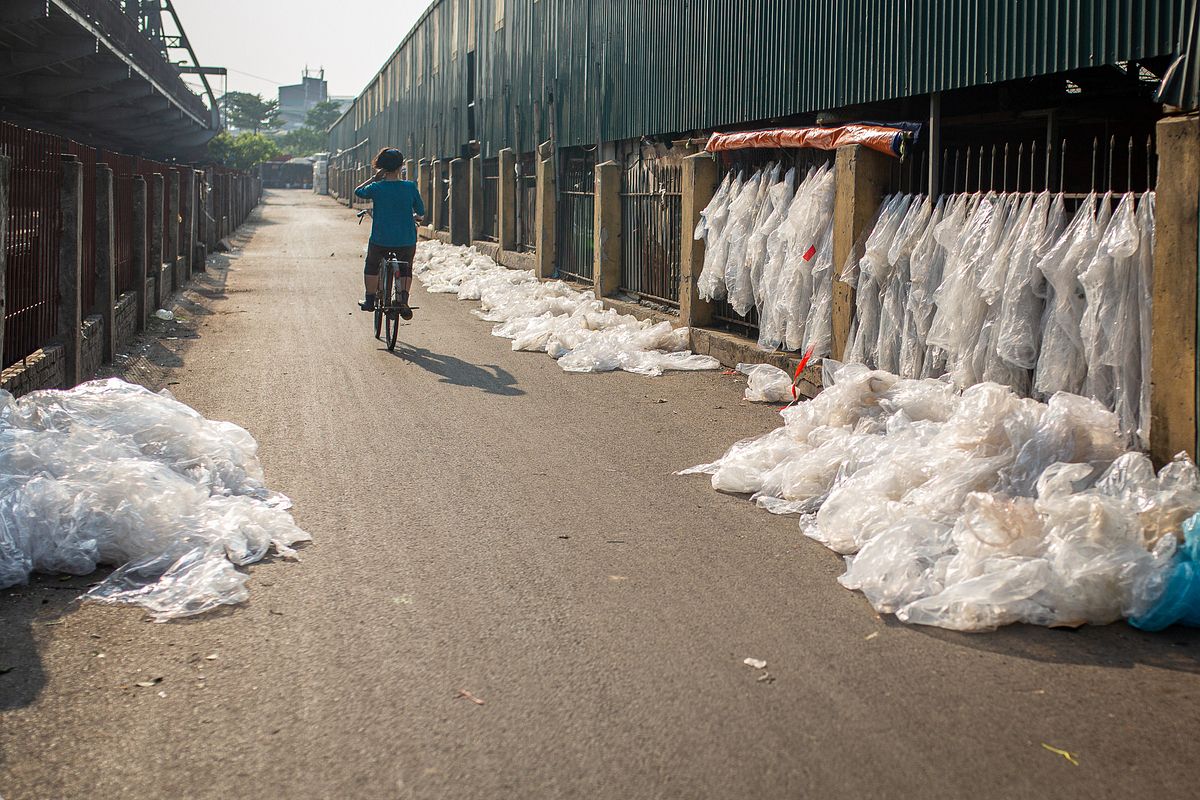Something smells.
VnExpress reports that the amount of domestic solid waste produced in Vietnam increased by 46% from 2010 to 2019. This data comes from the Ministry of Natural Resources and Environment, which found that last year, 64,658 tons of waste were produced daily, compared to 44,400 tons a decade ago.
Unsurprisingly, the majority of this waste comes from urban parts of the country, which are responsible for 35,624 tons each day, with Hanoi and Saigon accounting for 33.6% of that total on their own.
Of the waste created around the country on a daily basis, 92% is collected, the ministry found, meaning that 8% is released into the environment without being picked up. In terms of waste treatment, 71% of collected waste is buried at landfills, 16% is composted, and 13% is burned.
This waste goes through 1,322 solid waste processing facilities around the country, 904 of which treat waste by burying it. Worryingly, only about 20% of these sites are considered hygienic.
The news source notes that huge challenges in waste collection and treatment remain, including a lack of focus on reducing daily waste, and also the continued reliance on landfills, which cause problems for people living near them.
In more positive news, VnExpress further reports that National Assembly has passed a new law that will start charging households based on the amount of trash they discard by 2025. Under the regulations, households would sort their waste into three categories: recyclable waste, food waste, and everything else. Eco-friendly bags would also have to be used.
People would be charged a fee based on the amount of discharged trash, meaning the more they create, the more they would have to pay to have it collected. However, the environment ministry has yet to released specific on what the fees would be or how exactly households should sort their waste.
[Photo: Trash bags accumulate on a street in Hanoi after locals block the road into a landfill/Phu Nu Viet Nam]















